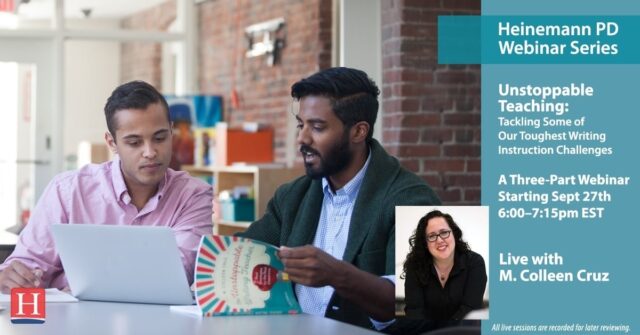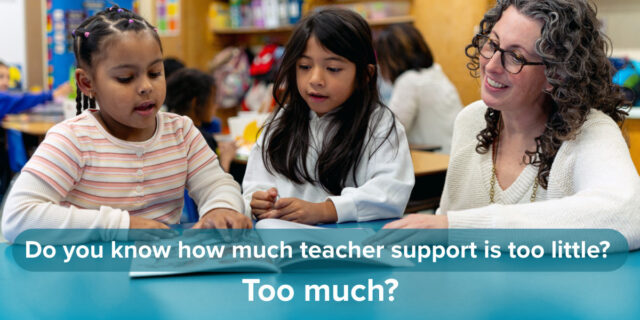
Every day, our students are inundated by information—as well as opinions and misinformation—in the world and on their devices. Digital texts influence what they buy, who they vote for, and what they believe about themselves and their world. Crafting and analyzing arguments in a digital world could be our greatest possibility to improve dialog across cultures and continents… or it could contribute to bitter divides.
In the following video, authors Kristen Hawley Turner and Troy Hicks show us that the purpose of creating argument through a specific medium must be informed by the argument a student wishes to make. It must start with the idea and use the medium as a tool to articulate and present the argument, not the other way around.
" It is not about creating a podcast, it is about creating an argument that may be presented as a podcast."


